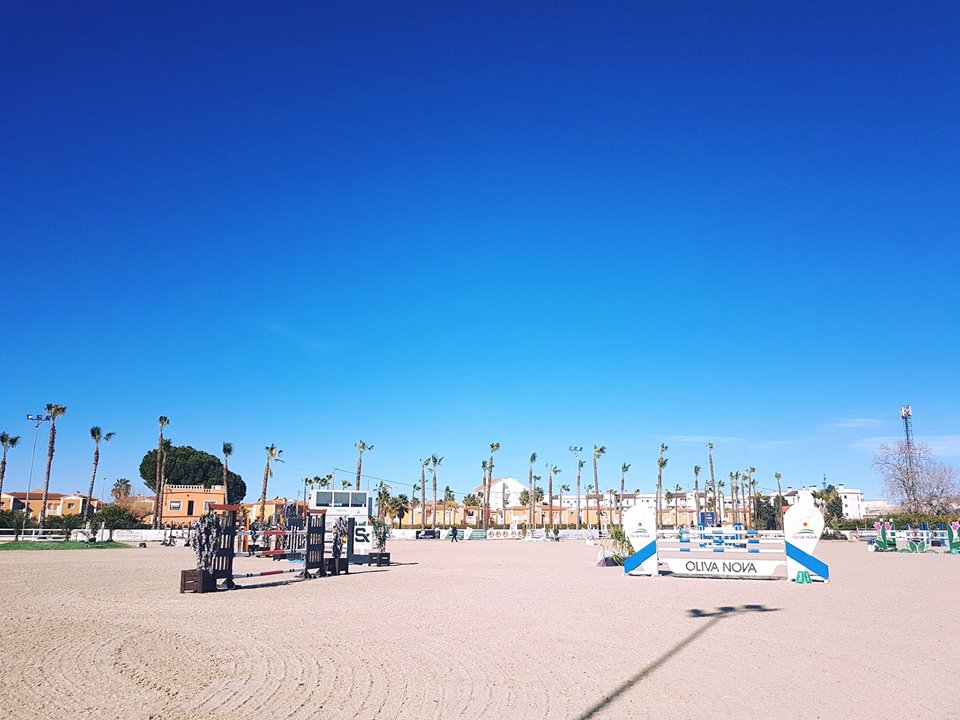Following strictly applied protocols and measures to minimise the risk of transmission in response to the EHV-1 outbreak in Oliva (ESP) in February 2023, it has now been confirmed by the Organising Committee that the last remaining horses at the venue returned negative EHV-1 tests on 15 March, and have since left the premises. As communicated in the FEI Update on 2 March, MAPA, supported by the FEI Veterinary Department, had decided to extend the initial safety measures, requiring horses to present a first negative sample, followed by a second sample to be taken 14 days later and a third on day 15. All three samples needed to be negative in order for a horse to be released.
This protocol has now been completed for all the concerned horses in Oliva, with the Organising Committee expressing their gratitude to all involved for the good collaboration.
“We are very happy that the last ten horses are able to leave the venue, following the confirmed cases of EHV-1 that occurred during Spring MET II 2023,” Event Director Bettina Pöhls says.
“We would like to thank everyone involved for their efforts: The FEI, the Valencia Veterinary Department, the Veterinarian Department OCA La Safor, the Spanish Equestrian Federation, the University Equine Hospital in Valencia, VISAVET laboratory, the Veterinarians being in Oliva, the various national federations, and of course all the grooms and the riders. They all contributed towards making it possible to keep the situation under control. We wish the last horses, grooms and riders a safe trip back home.”
The OC has also confirmed they will be resuming competition, and are now preparing for Spring MET IV which will take place from 4 to 23 April.
“The FEI would like to take this opportunity to reiterate the words of gratitude and thanks expressed by the Oliva Organising Committee to all concerned individuals, organisations and agencies throughout this process”, commented FEI Veterinary Director Göran Åkerström.
“Preventing and minimising the risk of disease transmission is a collective effort which we must all embrace wholeheartedly. We have very efficient systems to manage an outbreak thanks to competent national authorities but also thorough protocols in place – and this was exemplified in Oliva. We also have very efficient systems to prevent and minimise the spread of disease through the FEI Horse Health Requirements.
“We understand the requirements can be demanding, but we also believe that the inconvenience is a very small price to pay for the safety of our horses, let alone the added insights every groom, rider and owner can gain by monitoring their horses more closely. Taking and registering correct body temperatures is absolutely critical and it really is a win-win situation, this is the message we want everyone to share and encourage within the community. We all have a role to play when it comes to enhancing our biosecurity ecosystem - and by working together and in the same direction, applying the different measures in place, we are stronger and more effective.”

